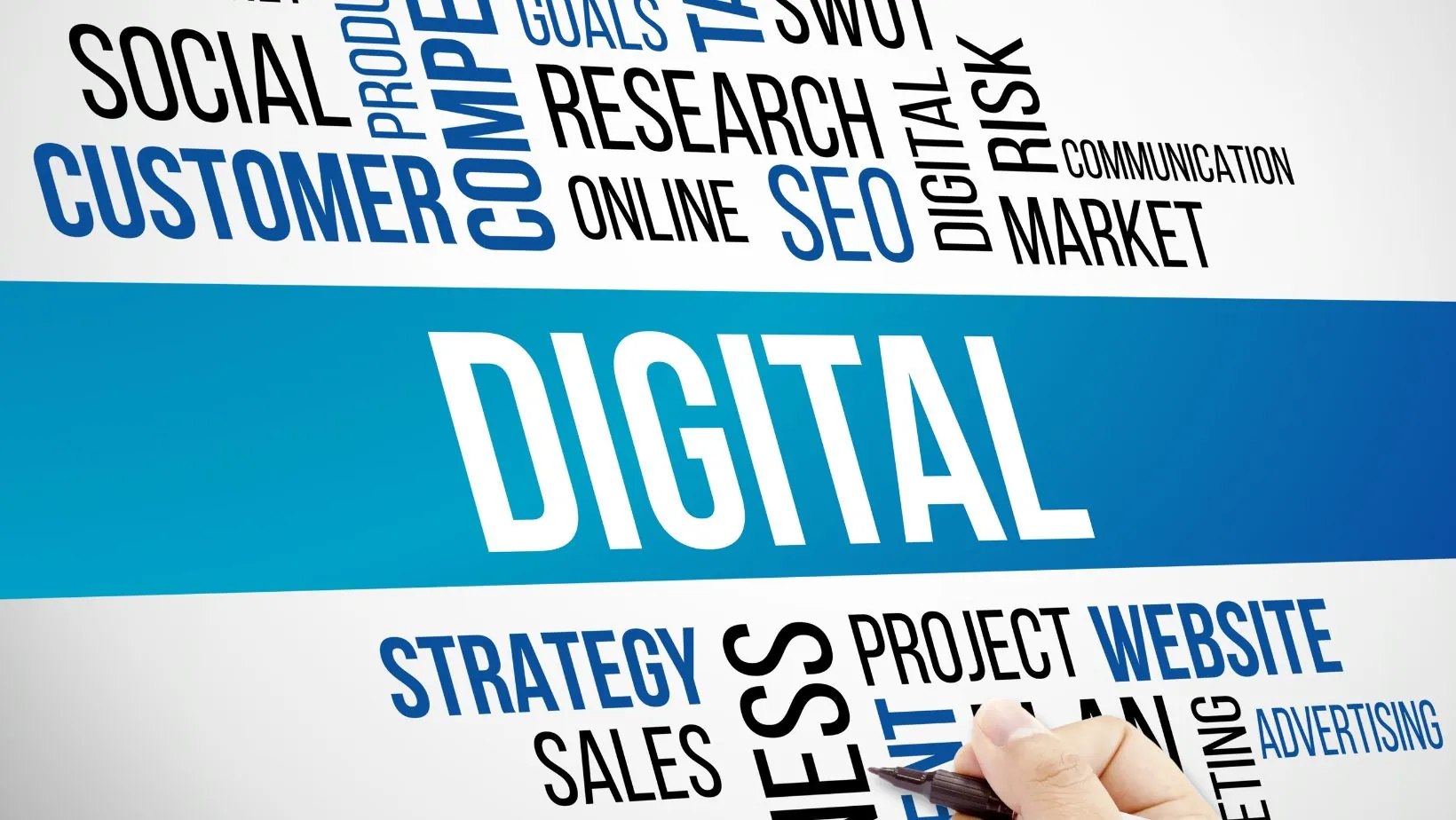In an era of rapid technological advancement, businesses are under constant pressure to innovate and adapt. Digital strategy is no longer a luxury but a necessity, and its future is shaped by emerging technologies, shifting consumer expectations, and the relentless pace of globalization. The question businesses must answer is not if they will adopt these changes but how and when.
Understanding the Evolution of Digital Strategy
Digital strategy encompasses more than technology; it’s a comprehensive framework that integrates tools, processes, and people to achieve business objectives. In the past, this primarily involved basic automation and online marketing. Today, it includes cutting-edge innovations like artificial intelligence (AI), big data analytics, and machine learning.
Platforms like Zoho, which integrate CRM, automation, and analytics, are at the forefront of this evolution. These tools are essential for businesses to stay competitive, especially when guided by specialized agencies such as the Zoho Agency.
Emerging Trends That Define the Future of Digital Strategy
Emerging trends are reshaping the future of digital strategy, pushing businesses to adopt innovative approaches to remain competitive. One of the most transformative developments is hyper-personalization. Modern consumers demand tailored experiences across all touchpoints. By leveraging AI and data analytics, companies can predict customer preferences and deliver customized content, offers, and services. Businesses that neglect this level of personalization risk becoming obsolete in a market where competition is fierce and customer expectations are high.

Artificial intelligence and automation are further revolutionizing workflows by streamlining routine tasks, enhancing decision-making processes, and deriving actionable insights from complex datasets. Predictive analytics allows businesses to anticipate market trends, while AI-powered chatbots improve customer service by offering instant and accurate responses, enhancing user satisfaction and loyalty.
The shift toward hybrid workplaces, accelerated by the global pandemic, has also redefined how organizations operate. Digital collaboration tools have become indispensable, enabling seamless communication, efficient project management, and effective task allocation among distributed teams. Platforms like Zoho provide the necessary infrastructure to support these hybrid models, ensuring productivity and cohesion in a dispersed workforce.
Sustainability through digitalization has emerged as a priority for businesses looking to align with global environmental goals. Digital tools contribute by minimizing environmental footprints through paperless operations, optimized resource management, and innovative carbon-tracking solutions. This focus on sustainability not only addresses ethical considerations but also resonates with environmentally conscious consumers.
However, as reliance on digital systems grows, so does the need for robust cybersecurity measures. Protecting sensitive data and maintaining trust requires comprehensive frameworks to mitigate risks and safeguard operations against potential threats. A solid cybersecurity strategy is no longer optional but a vital component of any forward-thinking digital plan.
Preparing for the Challenges of Tomorrow
- Investing in Scalable Technology: Businesses must prioritize tools that can grow alongside them. Scalable platforms like Zoho offer flexibility and adaptability, ensuring that systems remain efficient as needs evolve.
- Prioritizing Employee Training: Adopting advanced tools is ineffective without a workforce that understands how to use them. Regular training programs ensure that employees can fully leverage digital solutions.
- Partnering with Experts: Agencies such as Zoho Agency provide the expertise needed to customize and optimize platforms. They bridge the gap between technological potential and practical application.
- Focusing on Data-Driven Decisions: Informed decision-making requires clean, actionable data. Implementing integrated systems ensures that insights are readily available, empowering businesses to respond swiftly to opportunities and challenges.
The Role of Collaboration and Expertise
The future of digital strategy is not about adopting every new tool but about selecting the right tools and implementing them effectively. This is where collaboration with agencies becomes vital. With deep knowledge of platforms, these agencies provide tailored solutions that align with unique business goals.

For instance, small businesses might focus on streamlining operations, while large corporations prioritize data integration. A trusted partner ensures that investments in technology yield maximum returns.
Conclusion: Embracing Tomorrow, Today
As businesses navigate an increasingly complex digital landscape, a well-defined strategy becomes their most valuable asset. The tools and trends shaping the future—AI, personalization, and hybrid workplaces—are opportunities to innovate and grow. By leveraging platforms and partnering with experts, businesses can position themselves not just to survive but to thrive in the challenges of tomorrow.



